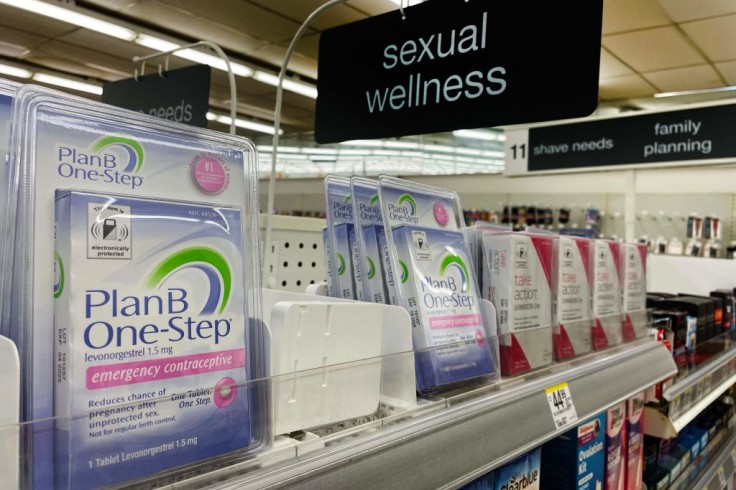
A new study from the University of Oxford has found that the use of hormonal contraceptives increases the risk of breast cancer.
The study found that both combined estrogen and progestogen birth control pills and progestogen-only contraceptives were associated with the heightened risk.
The risk of breast cancer in pre-menopausal women taking these forms of birth control increased with age, with the absolute excess risk estimated to be smaller in younger women.
However, the heightened risk was found to gradually decrease in the years after women stop taking the contraceptives.
The study's findings add to past research on hormonal contraceptives.
According to the Daily Wire, they suggest that the 15-year absolute excess risk of breast cancer associated with the use of oral contraceptives ranges from 8 per 100,000 users for use from age 16 to 20 to about 265 per 100,000 users for use from age 35 to 39.
Hormonal contraceptives' increased breast cancer risk
The University of Oxford study highlights the heightened risk of breast cancer associated with current or recent use of hormonal contraceptives.
The findings, which were based on data from nearly 30,000 women, showed that both combined estrogen and progestogen birth control pills and progestagen-only contraceptives were associated with a 20-30% increased risk of breast cancer.
According to Verywell Health, the risk was found to be greater in pre-menopausal women and gradually decreased in the years after women stopped taking the contraceptives.
These findings add to past research on the potential risks associated with hormonal contraceptives.
However, despite the risks, Claire Knight of Cancer Research U.K. stressed that maintaining a healthy weight, eating a healthy balanced diet, not smoking, and drinking less alcohol can have a more significant impact on reducing cancer risk.
Ultimately, women should make their own personal choice regarding the use of contraceptives after speaking with their doctor.
In addition to the increased risk of breast cancer associated with hormonal birth control use, as per PLOS Medicine, the study also found that the risk was higher for women who used the contraceptives for longer periods of time.
The study's lead author, Dr. Elisabeth F. Beaber, noted that the increased risk of breast cancer associated with hormonal birth control use is still relatively small compared to other risk factors, such as age and family history.
Abortion and contraception activists rally for access
Since the overturning of Roe v. Wade, abortion and contraception activists have been rallying for increased access to both abortion and birth control measures.
The Food and Drug Administration (FDA) recently received its first application for an over-the-counter birth control pill from HRA Pharma, a company that praised the move as a step toward reproductive equity.
The contraceptive from HRA Pharma is a daily progestin-only pill, sometimes known as a "mini pill."
While advocates argue that increased access to contraception is necessary for reproductive rights, studies such as the one from the University of Oxford suggest that the risks associated with hormonal contraceptives must be taken into account.
Ultimately, women must make their own personal choice regarding the use of contraceptives after speaking with their doctor and weighing the potential risks and benefits.